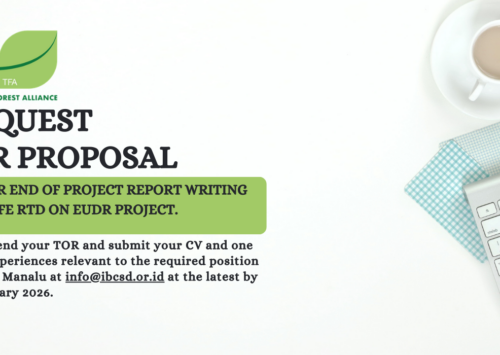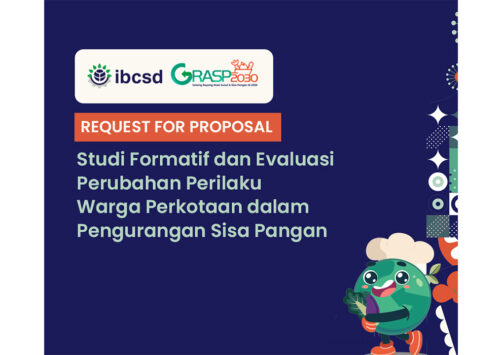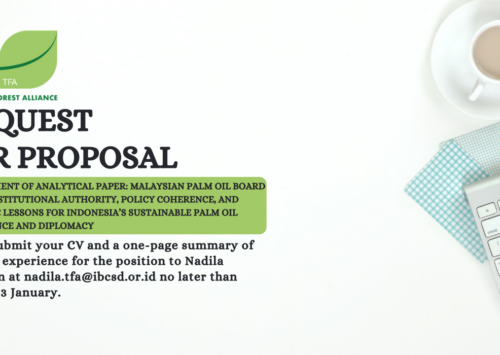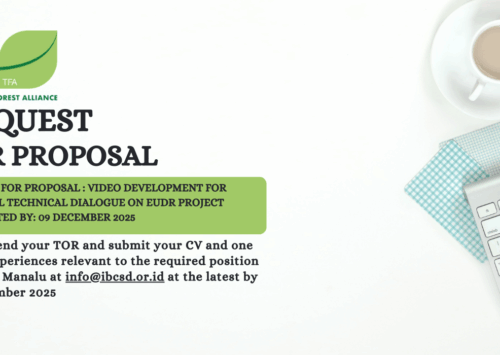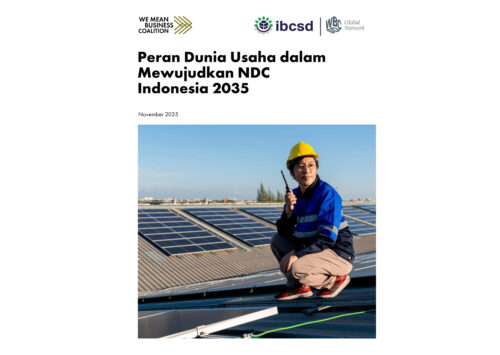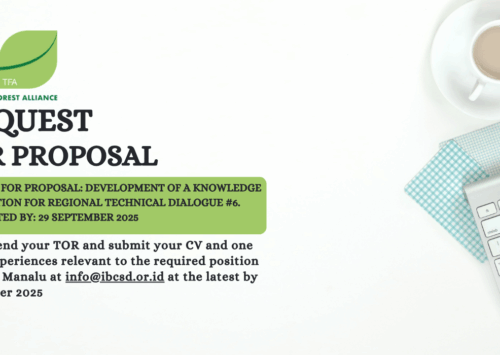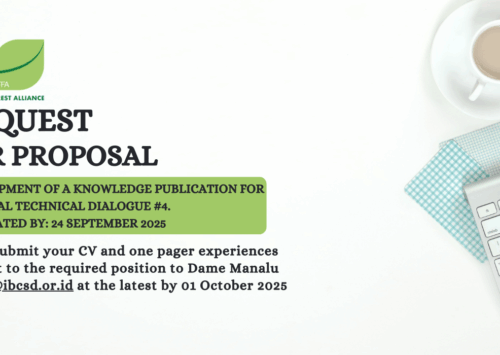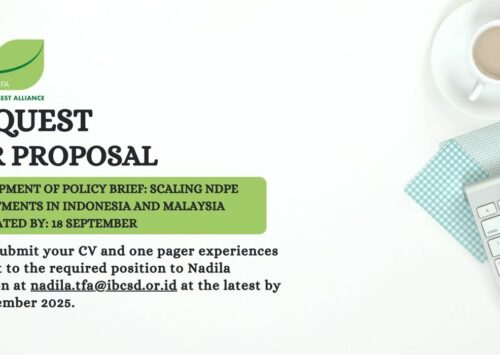Food loss and waste pose a substantial challenge to Indonesia’s national food security and contribute significantly to the nation’s greenhouse gas emissions. The Ministry of Environment and Forestry (MoEF) of the Republic of Indonesia reported that an alarming 44% of waste generated in Indonesia in 2018 was food waste. To address this pressing concern, it is crucial to focus on consumer behaviors related to food consumption, as numerous studies have highlighted significant food waste at the household level.
The Consumindful initiative was conceived with the motto “Eat Wiser, No Leftover” to tackle food waste at its root cause – consumer behavior. By encouraging consumers to be mindful of their food choices and consumption practices, the initiative aims to contribute to achieving SDG 12: Responsible Consumption and Production.
During the workshop, IBCSD presented the current state of the Consumindful initiative and shared their preliminary findings. These findings shed light on consumer behaviors and attitudes towards food consumption, providing valuable insights into the factors influencing food waste at the household level. Understanding these behaviors is essential in formulating targeted strategies to reduce food waste and promote responsible consumption.
Through collaborative discussions and data sharing, the workshop aims to identify the key drivers behind food waste at the household level in Indonesia. By analyzing these drivers, policymakers and stakeholders can gain a deeper understanding of the challenges faced by consumers in preventing food waste. This knowledge can pave the way for the development of effective interventions and solutions that address these specific issues.
The workshop intends to offer strategic inputs to the Government of Indonesia based on the preliminary findings and discussions. These insights will support policymakers in crafting evidence-based strategies to improve consumer behaviors towards food consumption. By collaborating with key stakeholders, the government can develop comprehensive and targeted initiatives that encourage responsible food choices, minimize waste, and contribute to Indonesia’s climate targets and SDG 12.
The workshop showcased the progress of the Consumindful initiative and presented valuable preliminary insights into consumer behaviors surrounding food consumption. With a focus on reducing food waste at the household level, the workshop’s findings will provide strategic inputs for the Government of Indonesia to enhance consumer behaviors and contribute to Indonesia’s climate targets and SDG 12.
Additionally, the workshop’s outcomes will significantly benefit the Strategic Sector Cooperation on Food Loss and Waste Indonesia-Denmark development, promoting knowledge exchange and cooperation between the two nations in their shared journey towards a more sustainable future.
